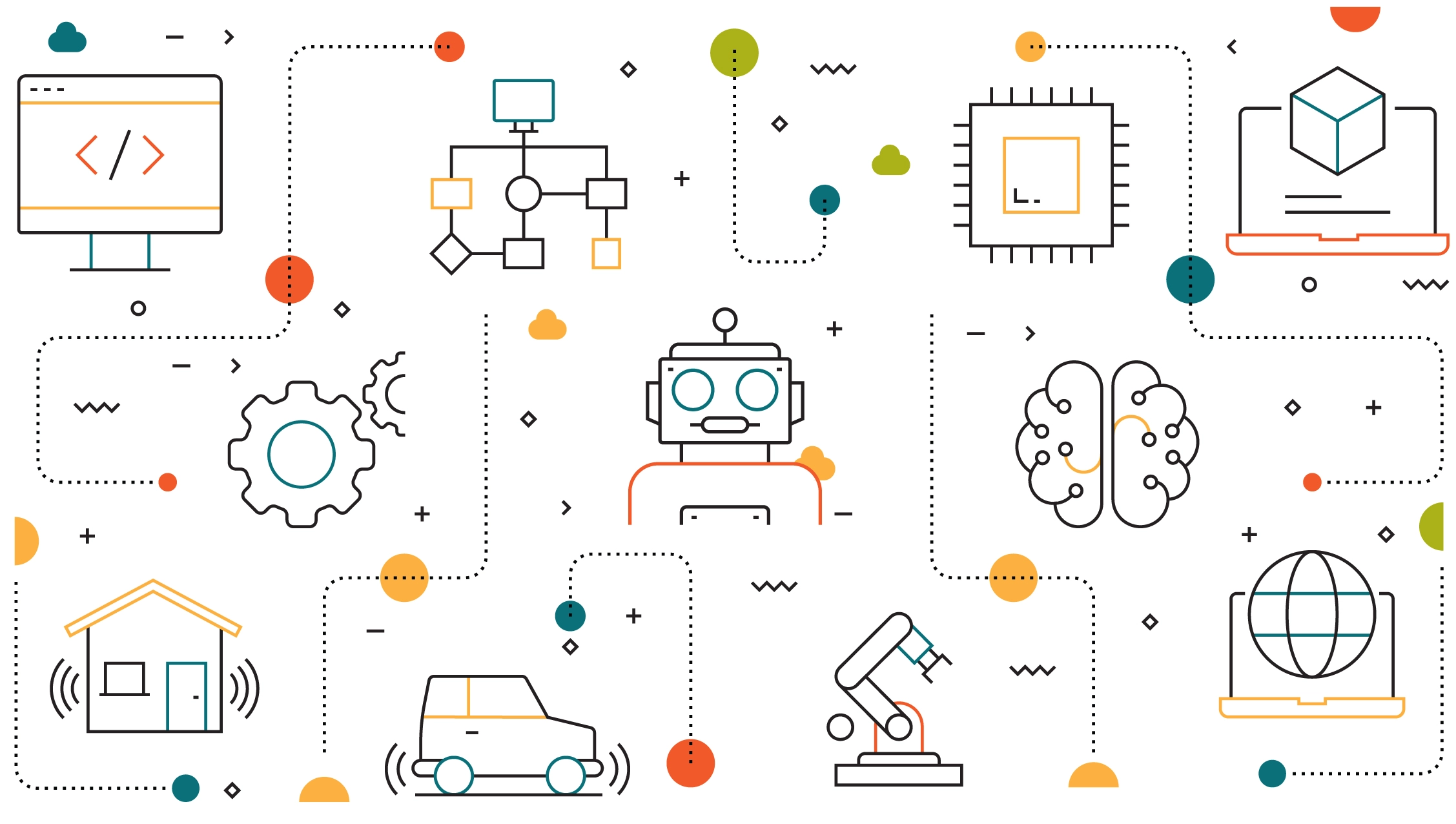Artificial intelligence or AI isn't just changing the business world, it's going to have a profound impact on computer programming aka 'coding'. Ditch the old search engine approach to solve your programming issues; we're now in an age where AI doesn't just regurgitate answers, but comprehends the language of software and generates new code. Prepare for a dive into this new era of intelligent programming.

A Breakdown of AI and GPT in Coding
AI has established a strong foothold in multiple areas, such as content creation and medicine and healthcare, but coding is its latest venture. It brings a set of tools that can write, understand, and learn code. OpenAI employs intricate machine learning algorithms to grasp code structure and semantics; this allows the generation of curated answers to specific challenges, significantly reducing development hours.
"AI is a transformative tool because it automates complex tasks, enhances decision-making with data-driven insights, and significantly accelerates innovation across various fields, including coding." -ChatGPT
At the heart of these remarkable AI feats is OpenAI's GPT technology. GPT stands for "Generative Pre-trained Transformer." It refers to a family of language models developed by OpenAI that can generate human-like text responses based on a collection of trusted resources. The latest version, GPT-4, has a stunning ability to assist in coding including:
- Code Generation: Trained on an extensive range of coding languages and patterns, GPT-4 can create accurate and efficient code snippets.
- Code Review and Debugging: GPT-4 can also review and debug code, assisting developers in ensuring their code is clean and efficient.
- Software Development: AI can even assist in developing entire software modules, making it a holistic coding assistant.
One notable instance of GPT in action is GitHub's Copilot, which runs on GPT-3. Developers can simply write a comment describing the desired code, and Copilot generates it. This AI tool effectively serves as a tireless coding companion, introducing a new era of human-AI collaboration in software development. It can greatly increase the efficiency and accuracy of a programmer.
The challenges of AI
AI and GPT, while advantageous with their swift code generation and error reduction, do come with a set of limitations. The AI-generated code might sometimes be incorrect or lack security measures, making human supervision required. Moreover, the efficacy of these tools is fundamentally tied to the quality and diversity of the training data they have been fed and the prompts used to describe the desired code. It comes down to intelligently asking the right question and validating the response through testing.
Looking to the Future: AI, GPT, and Coding
But what does the future hold for AI and GPT in coding? We're at the beginning of a transformative shift in the software development world. AI integration will surely change the traditional roles of software developers. Instead of replacing developers, AI is likely to emerge as a powerful aide, taking over routine coding tasks and assisting inexperienced programmers in learning new languages and techniques. This leaves developers with more time to engage in higher-order, innovative problem-solving.
The union of AI and GPT with coding presents the potential to reshape the world of software development. As we traverse this fascinating terrain, it's essential for both developers and organizations to stay updated with these advancements and consider how to leverage their power.